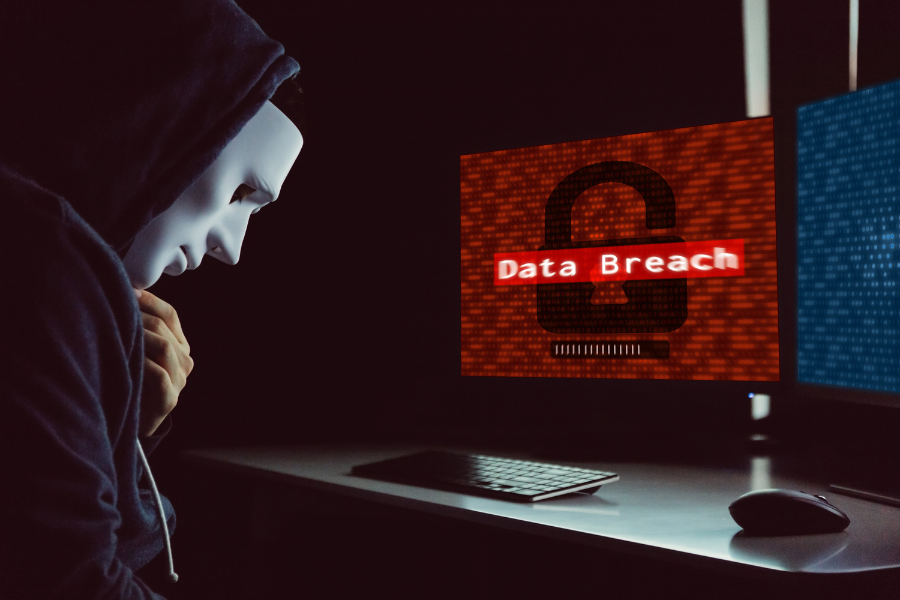Living in a cyber virtual space with a looming fear of its security breach has raised ethical concerns. Solutions have been devised over time to address it.
People spend most of their time online these days. They either shop, work, or even talk with friends through it. It is efficient and better, but it is also dangerous. Scammers always try to find new ways to extract information from us. Generic people don’t know how harmful they are. Many lose money and private information. Others lose their businesses altogether. Cybersecurity is important. We must treat this with gravity because if we do nothing, it will get worse.
Cybercrime is booming, and scammers are finding novel means of assault. Here are some main threats:

But alongside these rising threats, new solutions are also emerging. Some tips for staying safe are:

Cybercrime exists, and it is not going anywhere. But we can protect ourselves. We can do our part in making cyberspace secure for ourselves and those around us through the use of strong passwords, multi-factor authentication, and vigilance against scams. Businesses must also spend on security, whereas Governments will have to continue to refine legislation. Cybersecurity is not only for experts. It is for everyone. Now is the time to act if we want the internet to be a safer place. Do not wait until it is too late. Stay safe, stay smart, and protect your future.
https://en.wikipedia.org/wiki/Data_breach
https://www.investopedia.com/terms/i/identitytheft.asp
https://www.merriam-webster.com/dictionary/fraud
https://lawbhoomi.com/cyber-defamation/
https://blog.ipleaders.in/cyber-defamation-india-issues/
https://en.wikipedia.org/wiki/Deepfake
https://en.wikipedia.org/wiki/Encryption
https://www.rba.gov.au/education/resources/explainers/cryptocurrencies.html
https://www.kaspersky.com/resource-center/definitions/what-is-cryptocurrency